
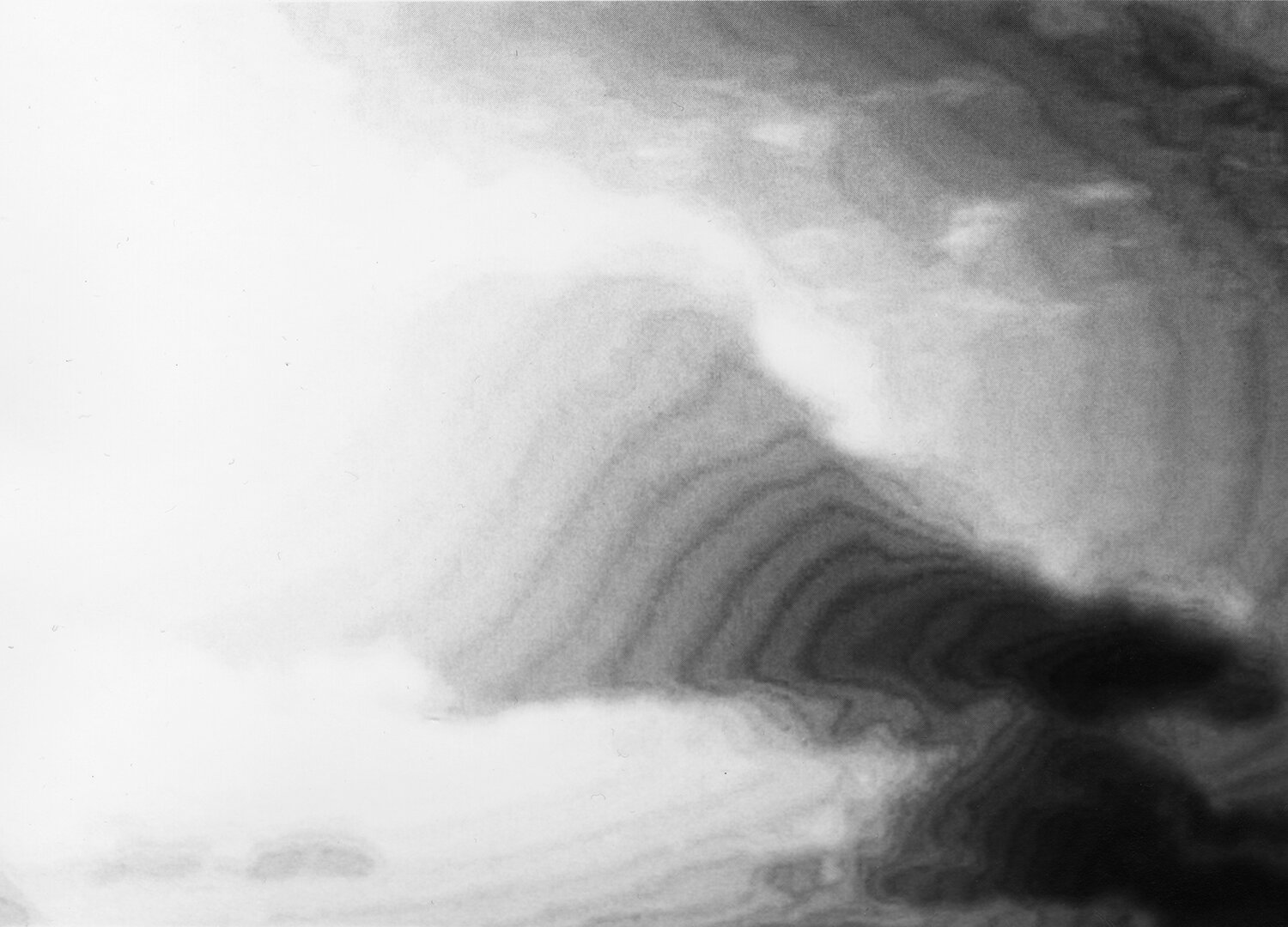


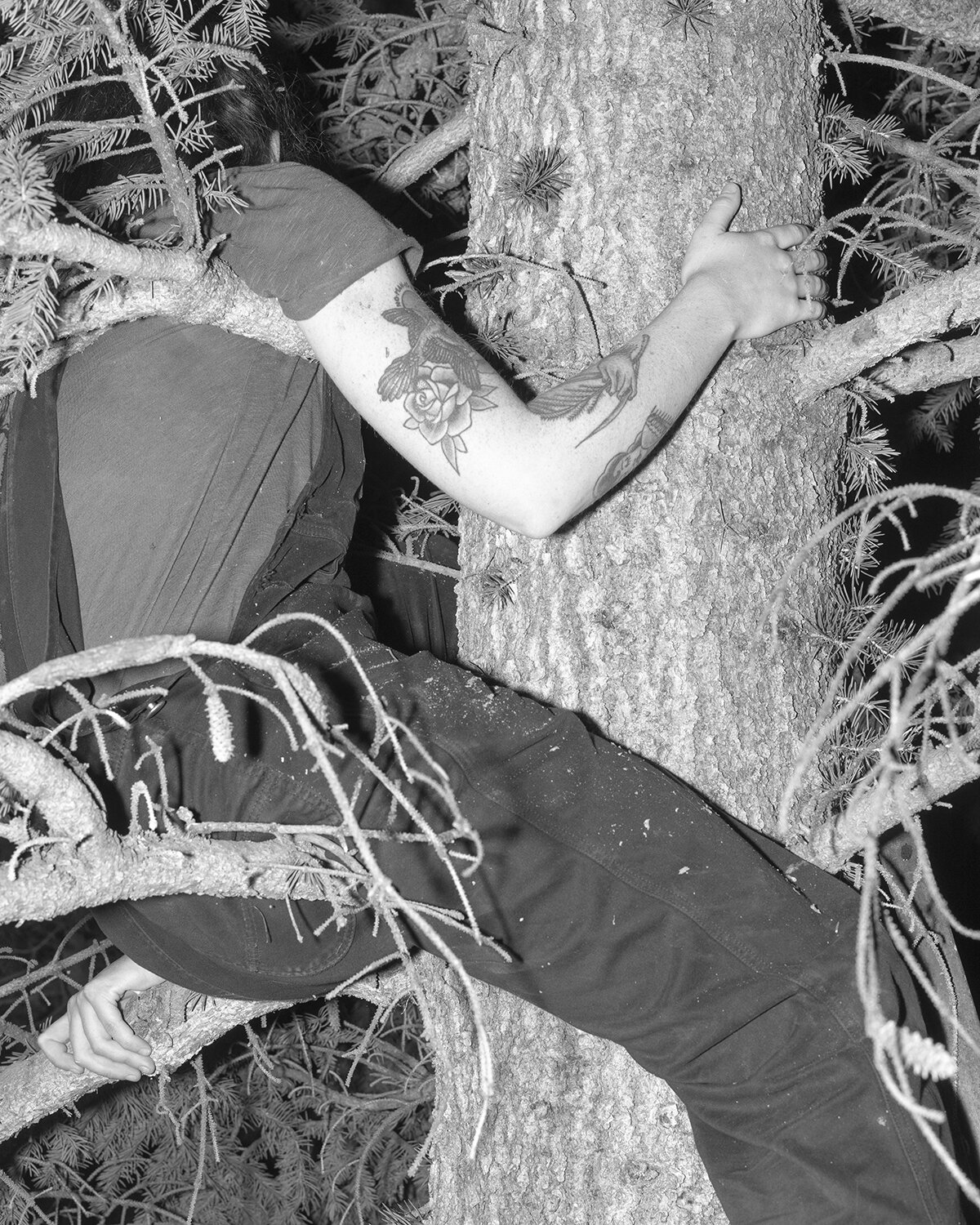
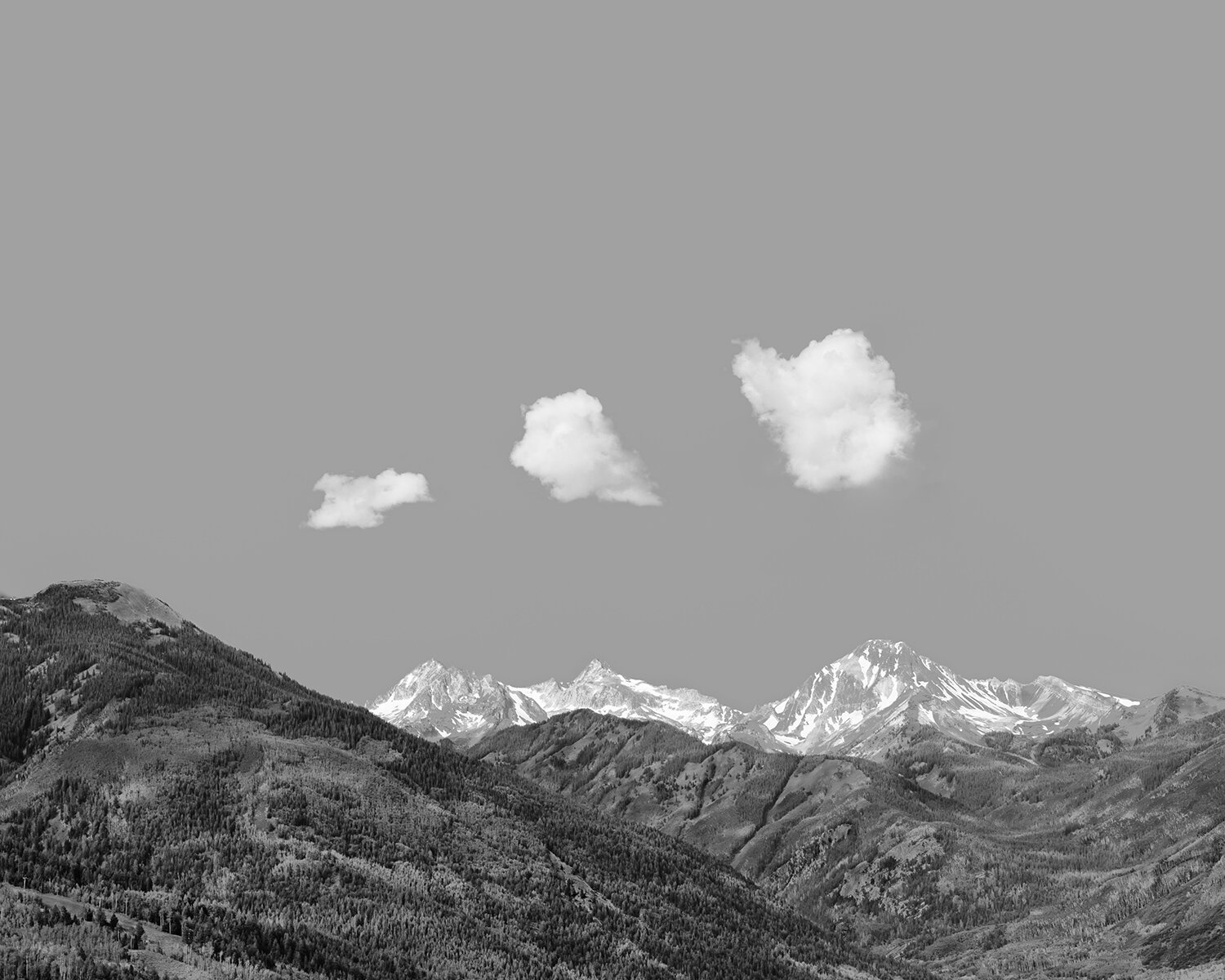
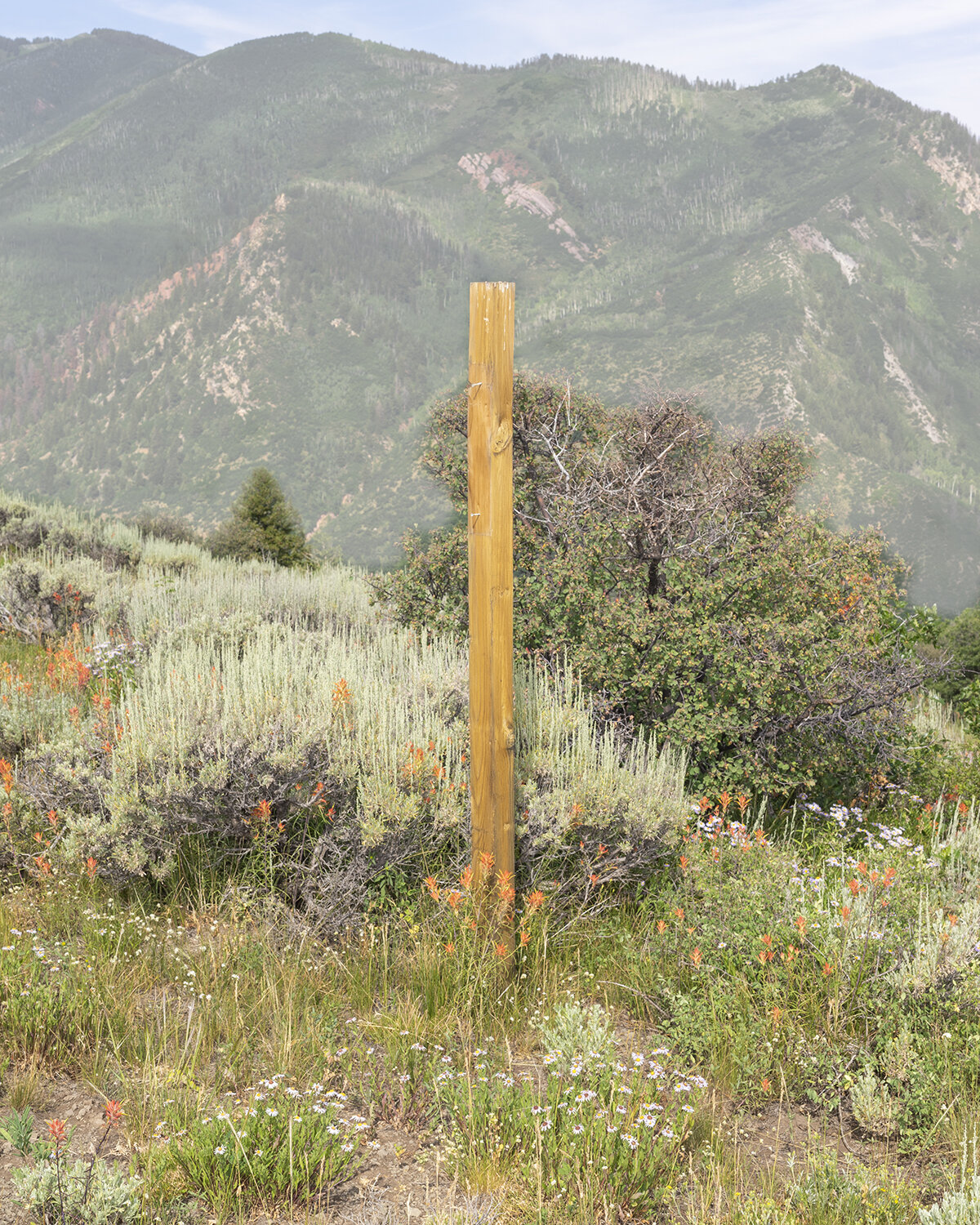
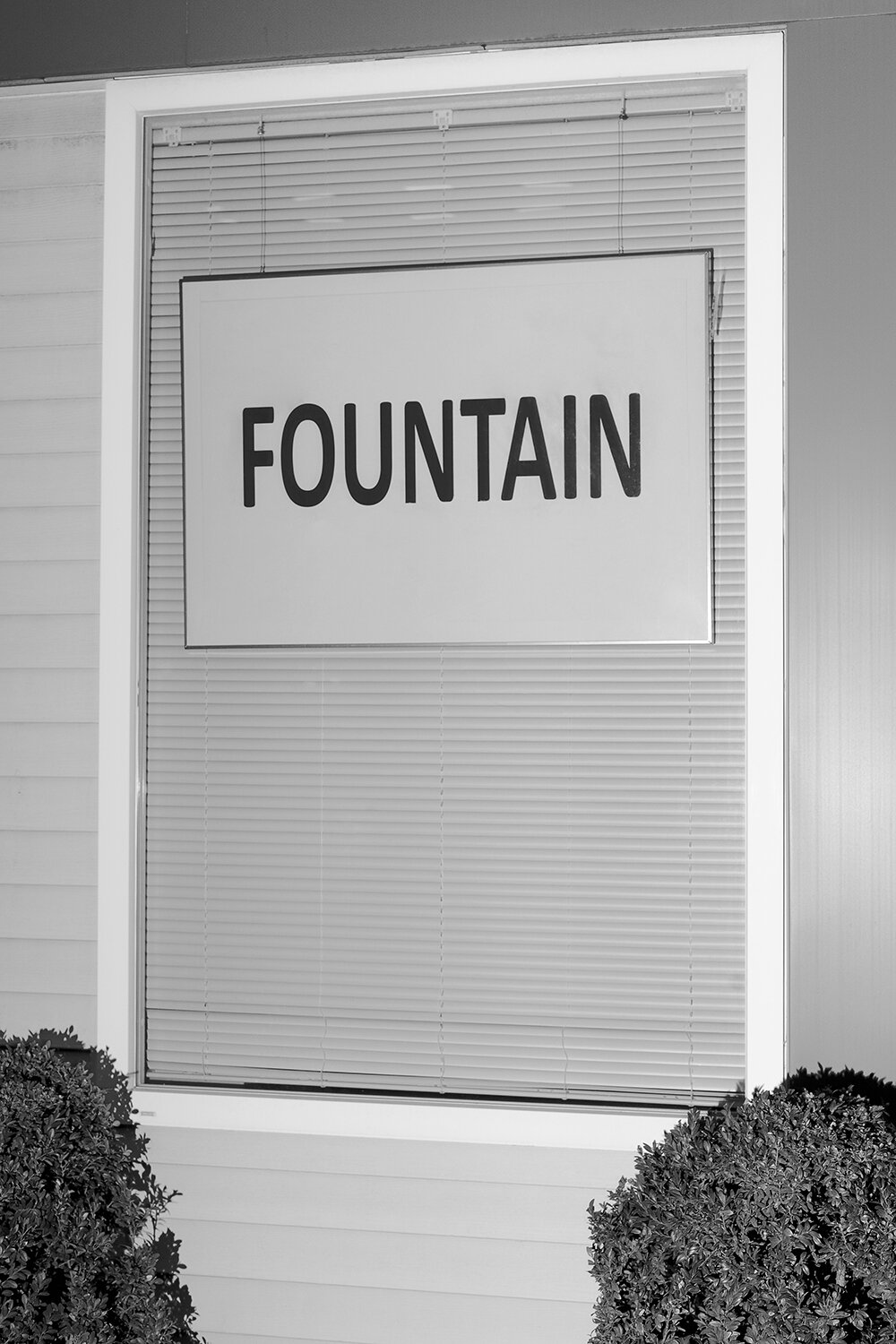

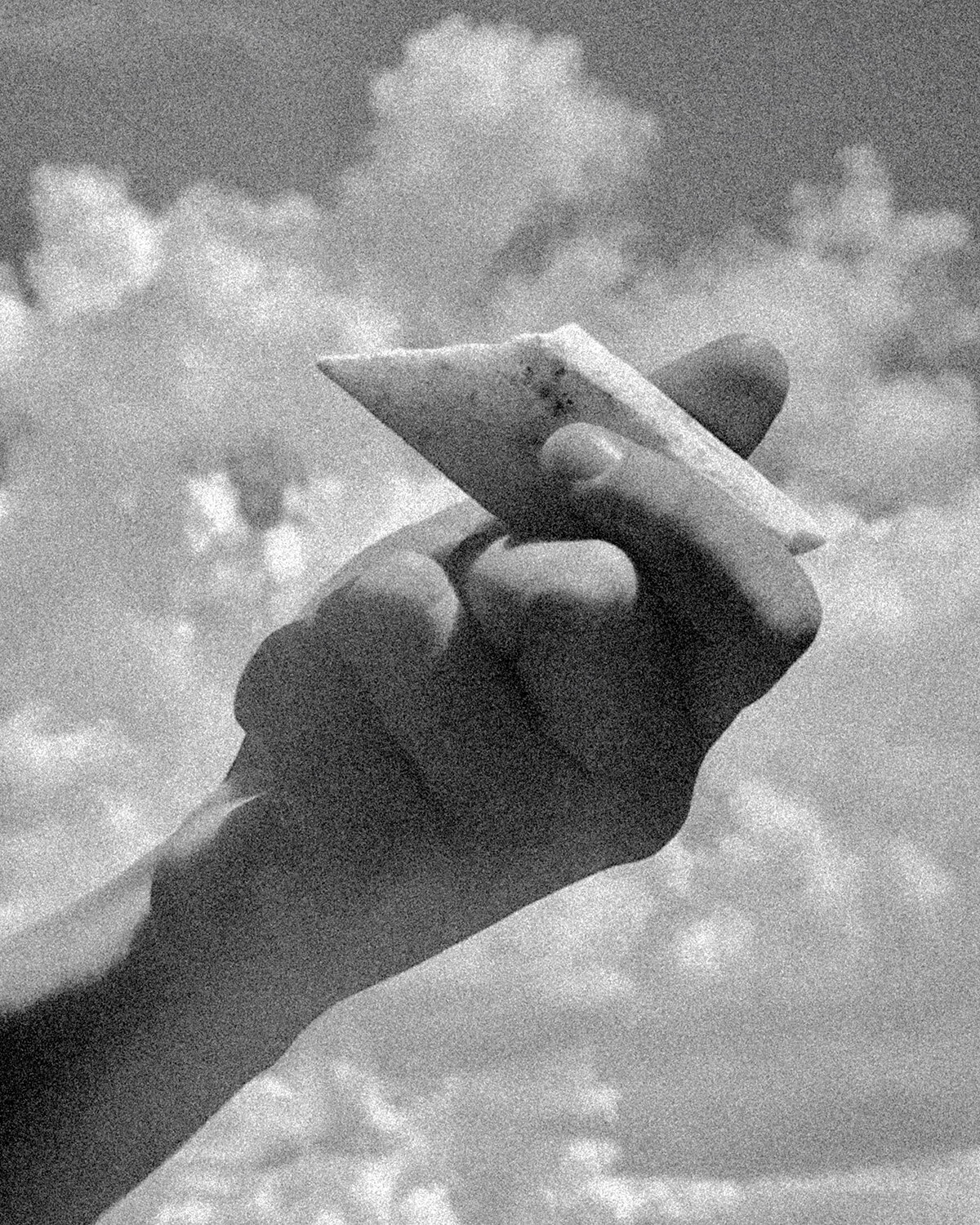
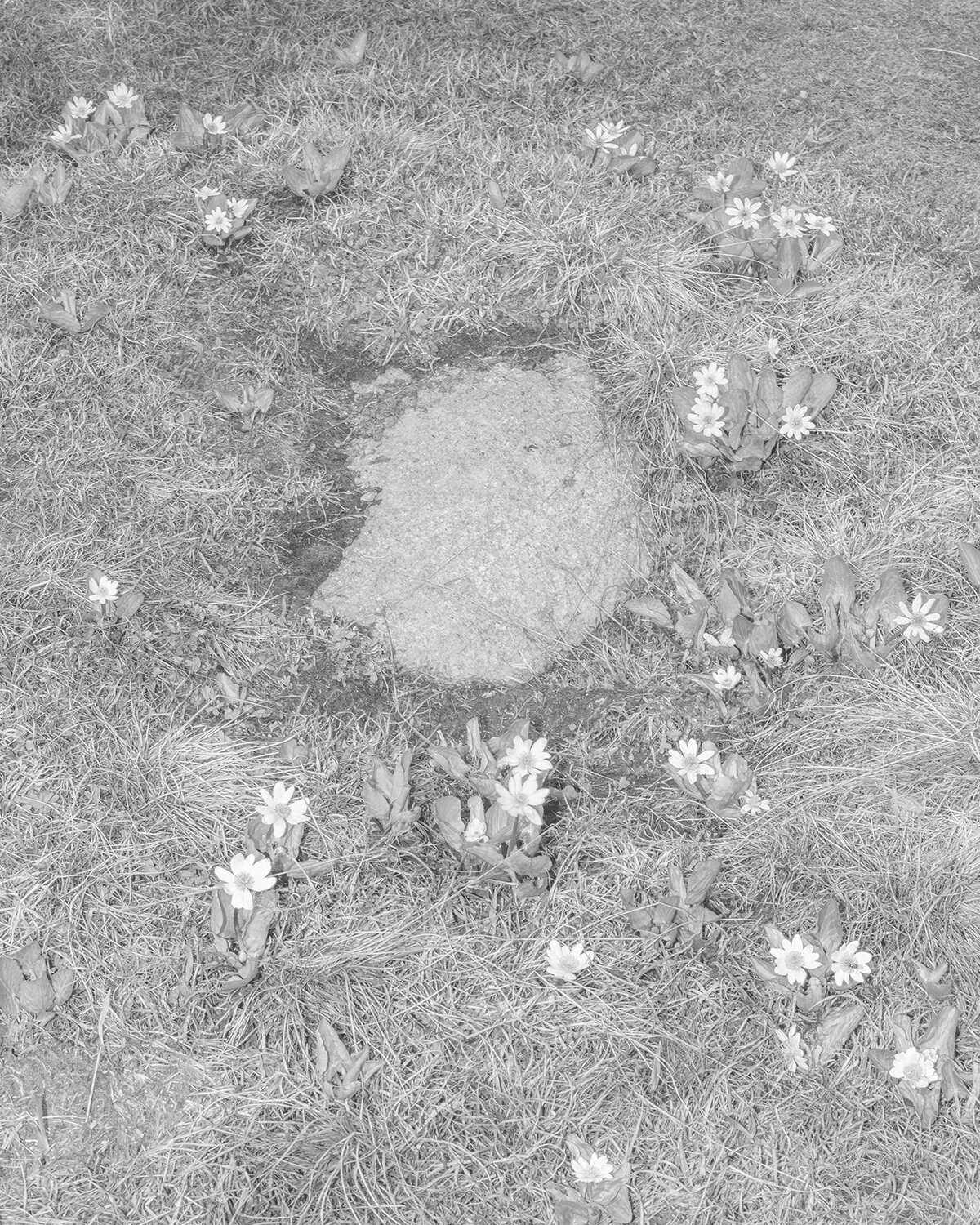
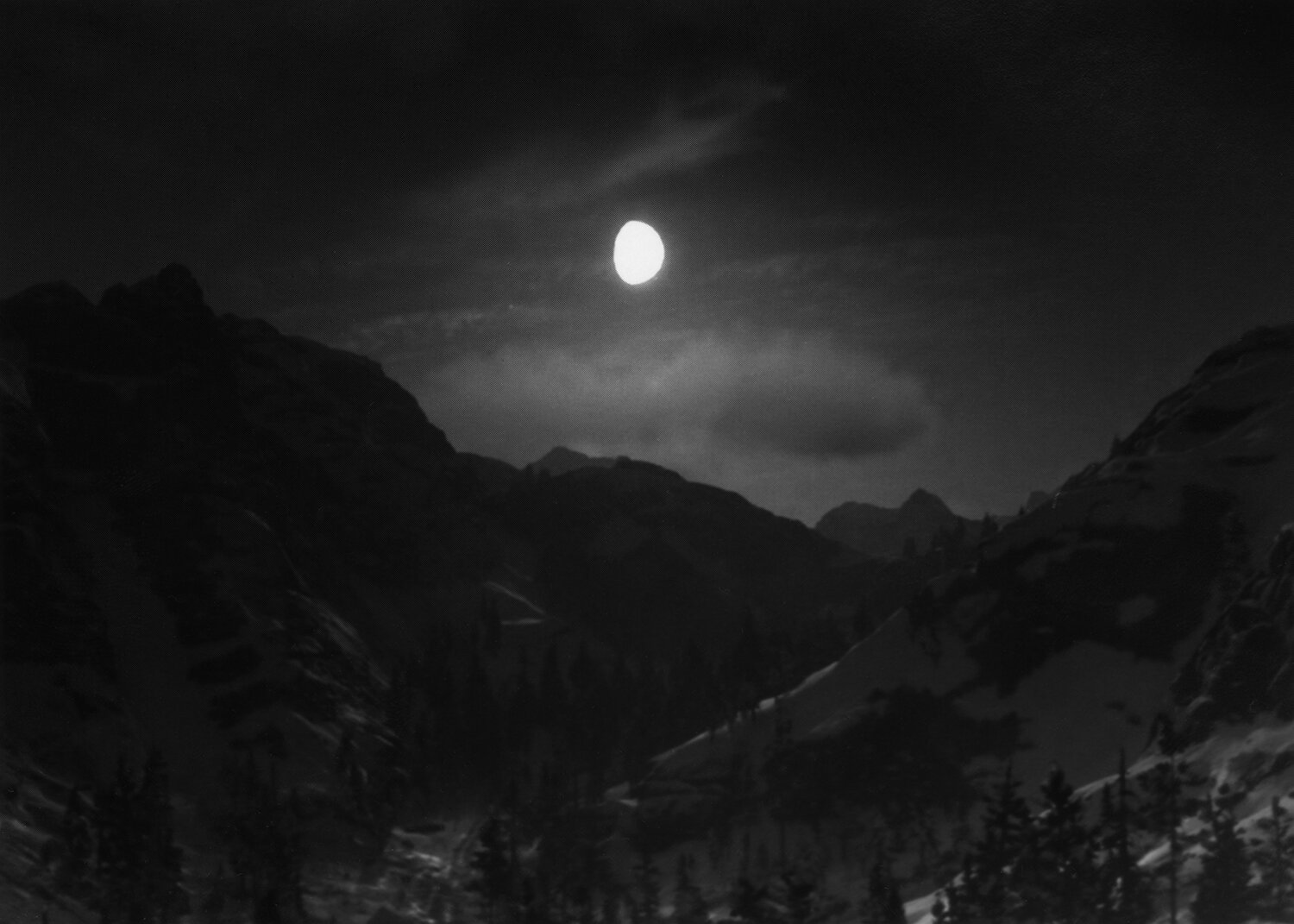
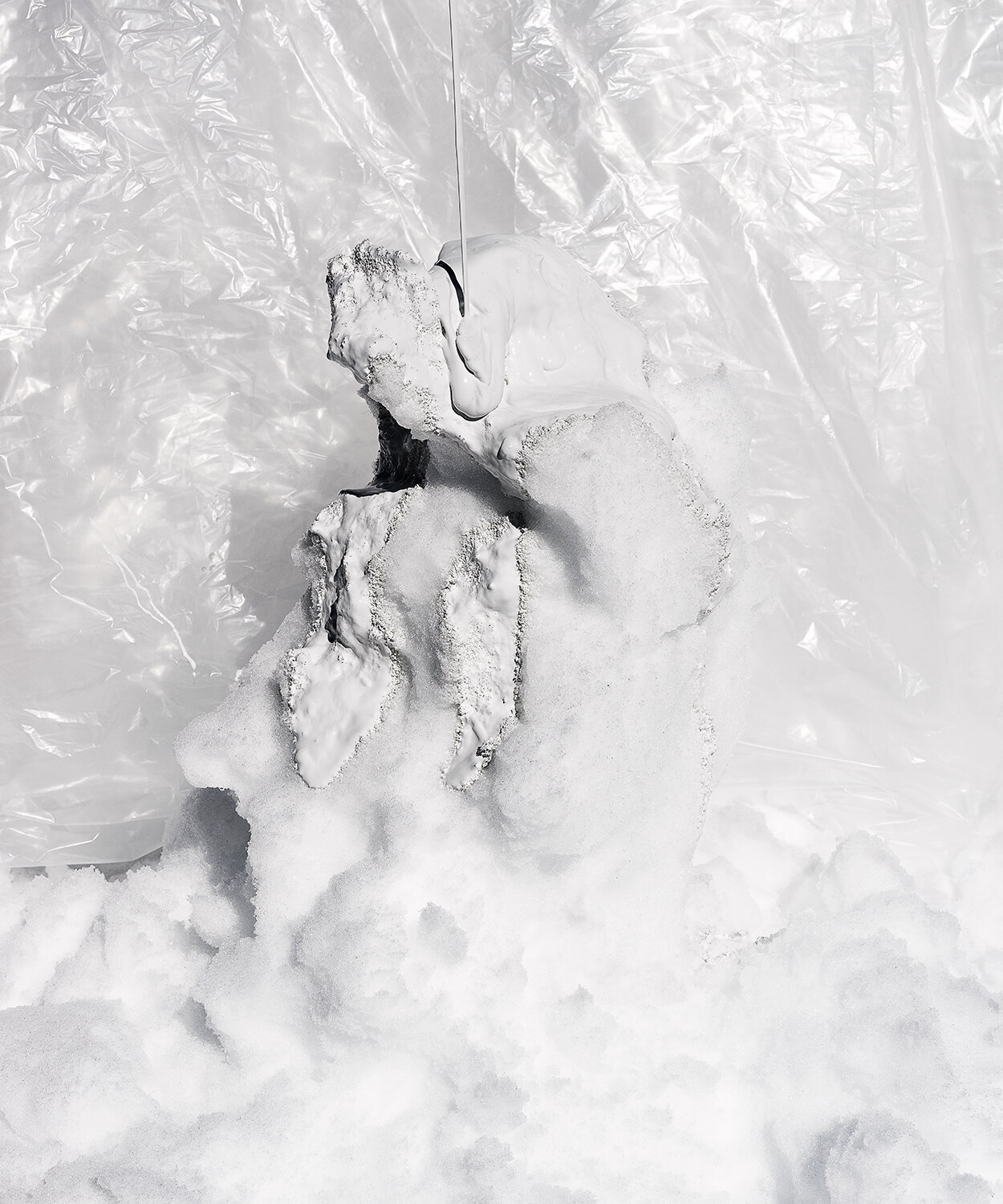
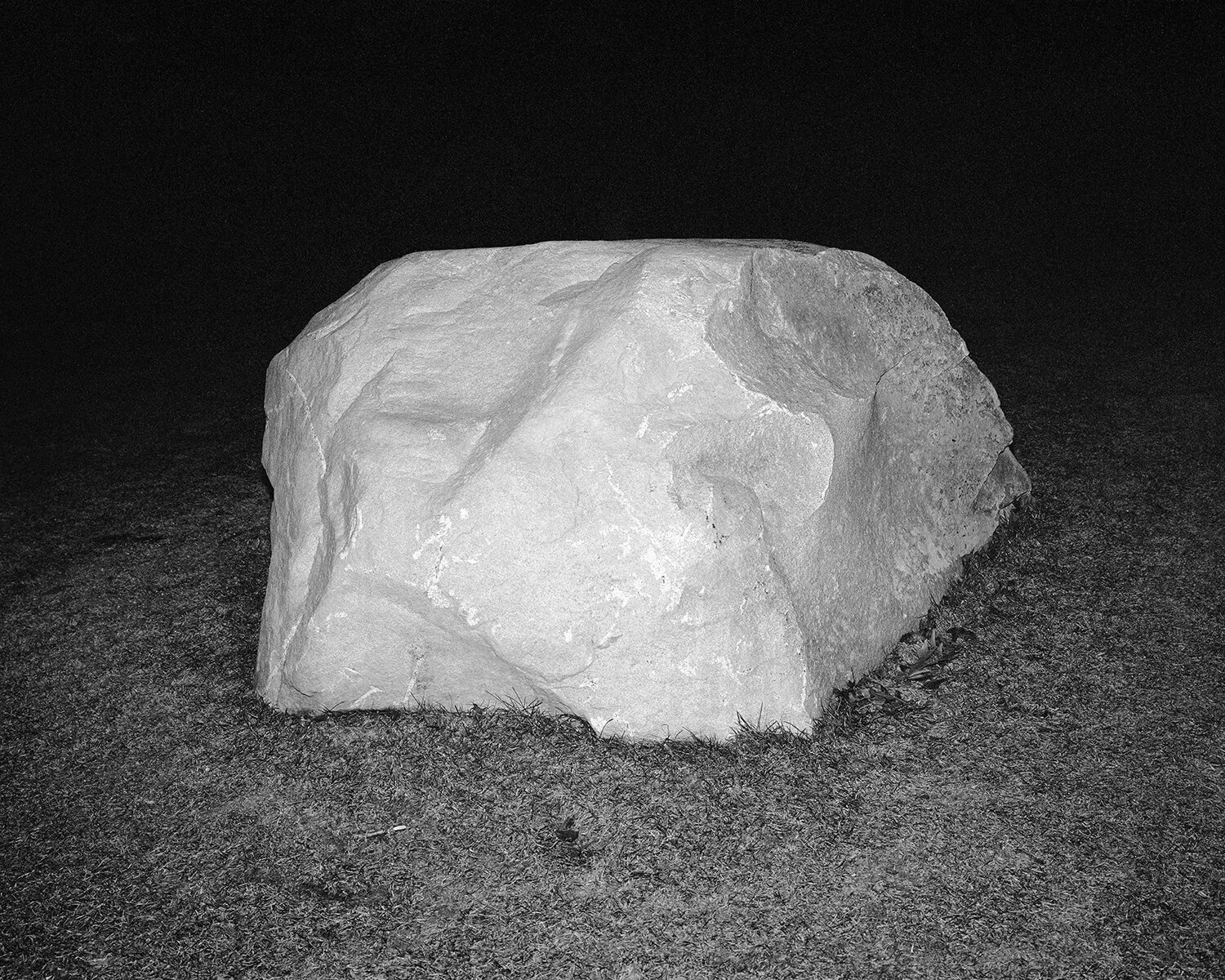
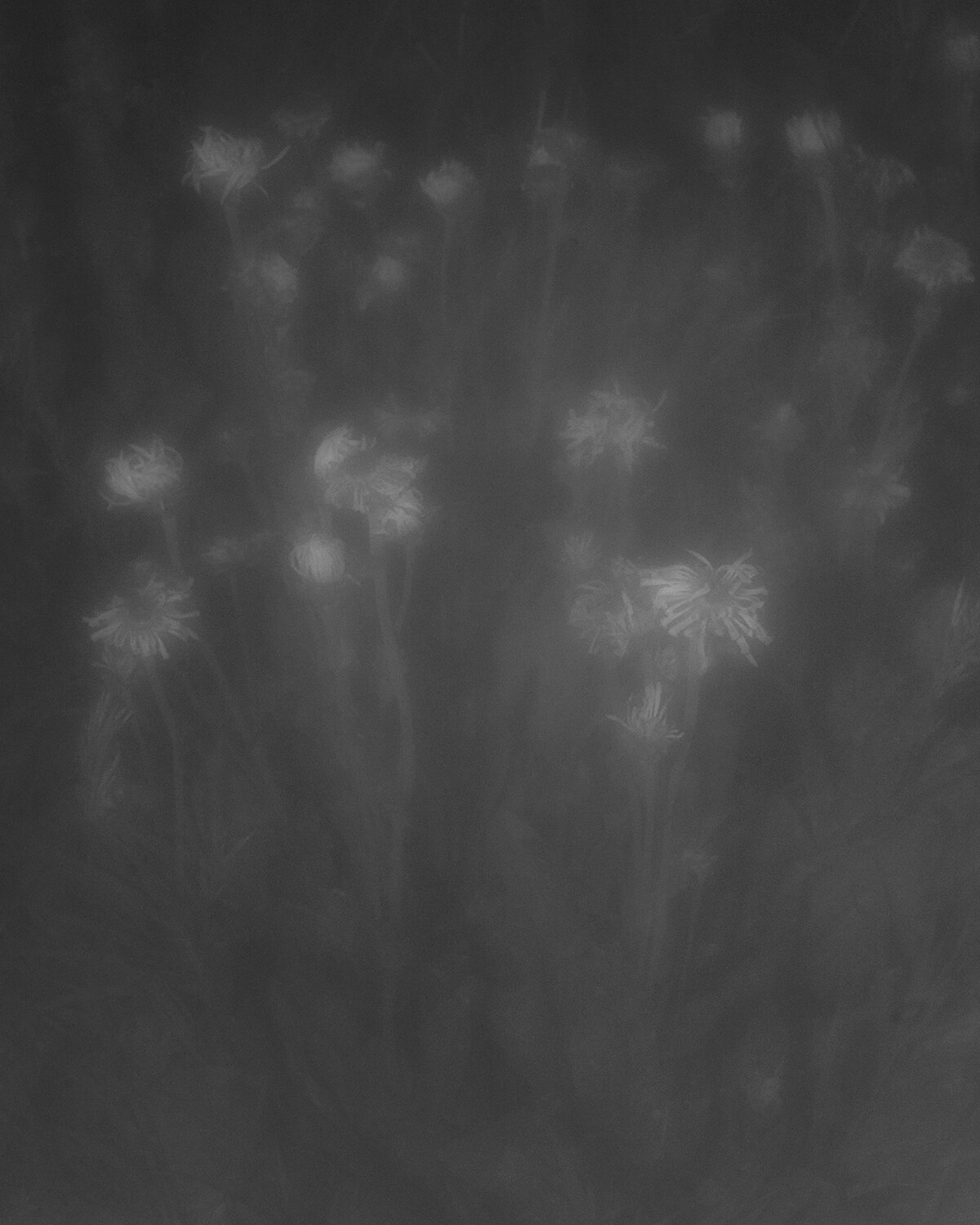
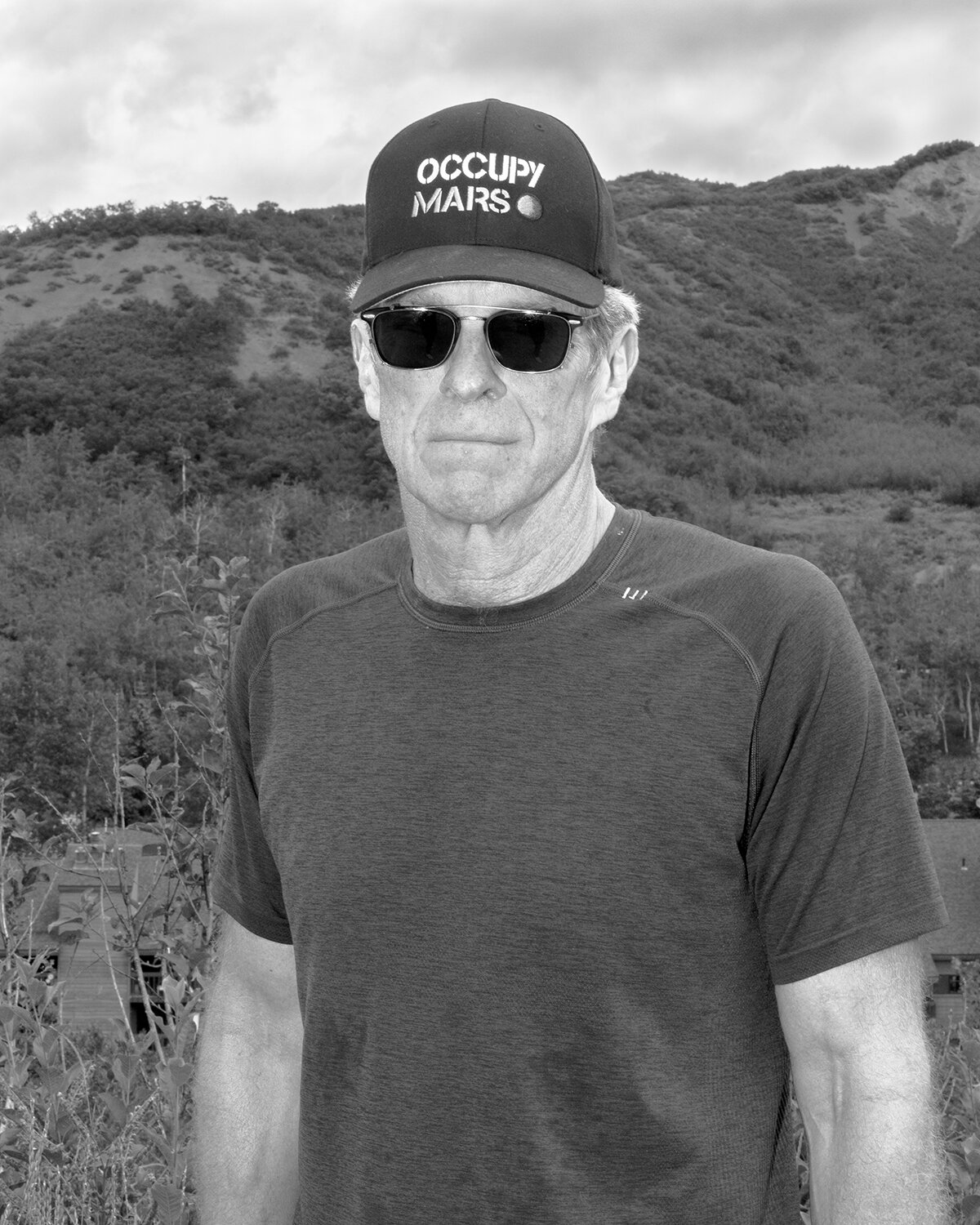

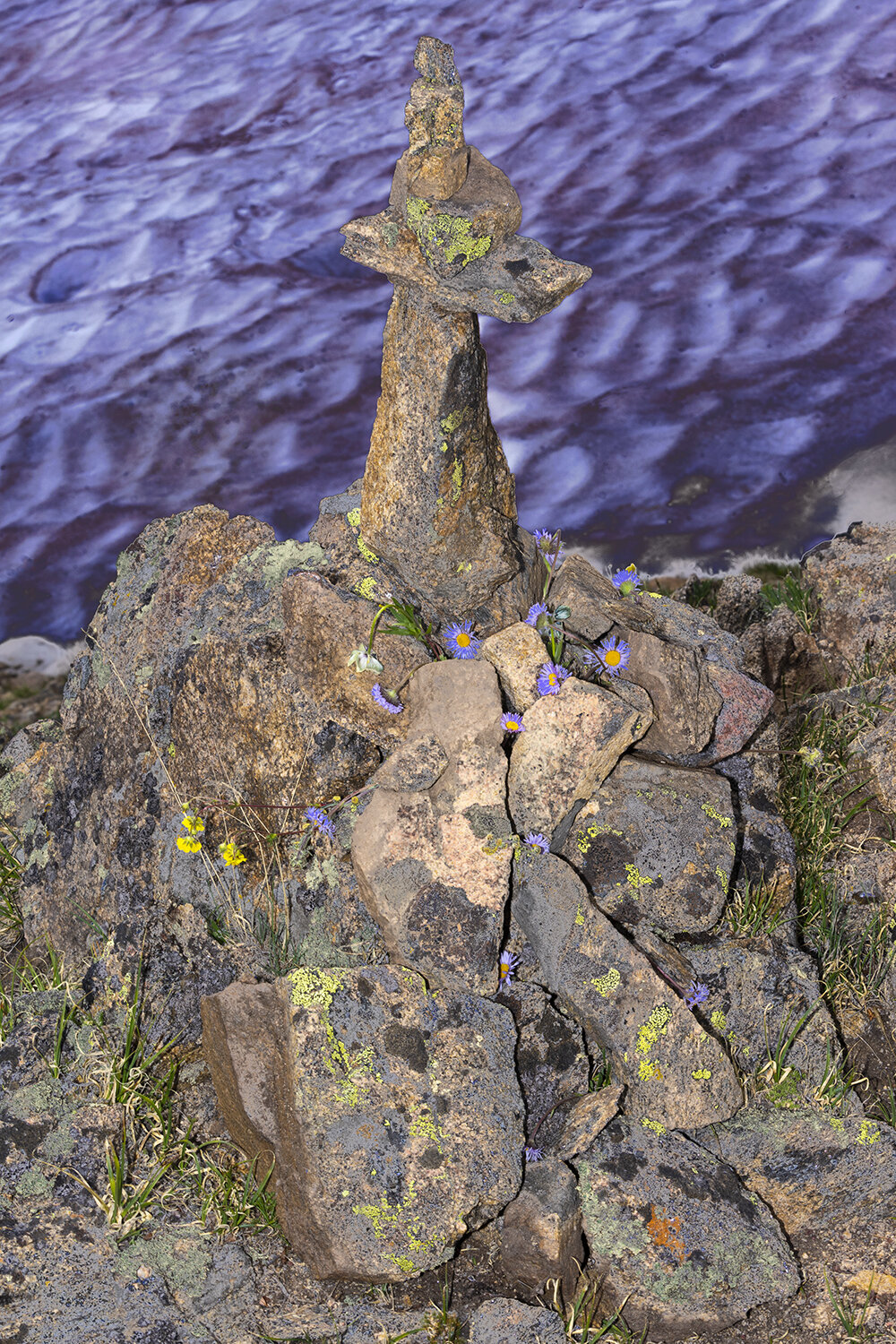

48 South Street
Jamaica Plain, MA 02130
Liam MacCormack is a Boston, MA born artist who studied photography at Lesley Art + Design. Interested in the interplay of physical and metaphysical space, his work deals with how our environments alter our mental perceptions and vice versa. MacCormack currently runs the photography lab at Worcester State University and works for renowned atelier, Palm Press. He has been exhibited nationally and internationally, most recently with the solo show “To See a Man About a Dog” at Space Place in Nizhniy Tagil, Russia.
“Rain Shadows”
Our landscape is changing –
I keep thinking back to the New Topographics folks and how they must have felt like deer in the headlights. It’s like they could see the thing careening towards them, hurtling down the roadway, but they didn’t know there was two tons of metal between those two small suns. In a lot of ways that car was our ‘Image First’ experience of the landscape. In a lot of other ways, it was the destruction of the environment, and the ‘Prospective Topographics’ that offer us hope for the future.
Even the idea of a ‘new topographic’ is kind of funny now, right? The topography itself is disappearing! In an effort to maintain the landscape, we’ve ultimately culled it into something else. Basing our efforts on images and representations of the natural, we begin to see a natural world that feels a little too picturesque. The problem with a picturesque world is that we think it will last forever.
My goal in making these photographs was to both show the current state of our image-based landscape, as well as explore the methods in which we experience it. Video games, live streams, and social medias have become integral to shaping our vision of the land, as well as bringing access to many who, previously, couldn’t experience it firsthand. By integrating screen captures into my photographic practice, I attempt to explore landscapes that exist only as renderings, free of physical constraints.
I don’t know what the landscape of the future is going to look like, and I can’t even fathom the landscape of the past – but what I do know is that for a brief moment, we lived in both.
Liam MacCormack is a Boston, MA born artist who studied photography at Lesley Art + Design. Interested in the interplay of physical and metaphysical space, his work deals with how our environments alter our mental perceptions and vice versa. MacCormack currently runs the photography lab at Worcester State University and works for renowned atelier, Palm Press. He has been exhibited nationally and internationally, most recently with the solo show “To See a Man About a Dog” at Space Place in Nizhniy Tagil, Russia.
“Rain Shadows”
Our landscape is changing –
I keep thinking back to the New Topographics folks and how they must have felt like deer in the headlights. It’s like they could see the thing careening towards them, hurtling down the roadway, but they didn’t know there was two tons of metal between those two small suns. In a lot of ways that car was our ‘Image First’ experience of the landscape. In a lot of other ways, it was the destruction of the environment, and the ‘Prospective Topographics’ that offer us hope for the future.
Even the idea of a ‘new topographic’ is kind of funny now, right? The topography itself is disappearing! In an effort to maintain the landscape, we’ve ultimately culled it into something else. Basing our efforts on images and representations of the natural, we begin to see a natural world that feels a little too picturesque. The problem with a picturesque world is that we think it will last forever.
My goal in making these photographs was to both show the current state of our image-based landscape, as well as explore the methods in which we experience it. Video games, live streams, and social medias have become integral to shaping our vision of the land, as well as bringing access to many who, previously, couldn’t experience it firsthand. By integrating screen captures into my photographic practice, I attempt to explore landscapes that exist only as renderings, free of physical constraints.
I don’t know what the landscape of the future is going to look like, and I can’t even fathom the landscape of the past – but what I do know is that for a brief moment, we lived in both.